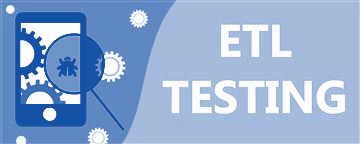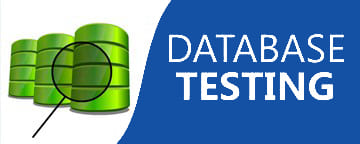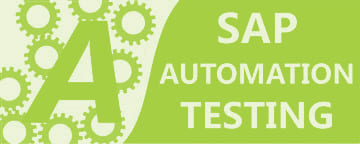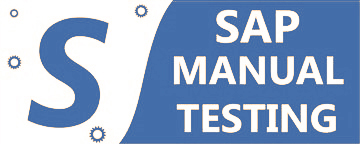About Course
ETL Testing:
ETL (Extract, Transform, Load) testing is a crucial process that ensures the integrity and accuracy of data as it moves from source systems to the target destination. This testing validates the complete extraction of data from source systems, accurate transformation according to defined rules, and the correct loading of data in the desired format. Through this, you can attain high-quality data, detect duplicate entries, identify data loss, and pinpoint any missing or incorrect data. It differs from data reconciliation used in database testing, as ETL testing specifically focuses on data warehouse systems. Its purpose is to acquire relevant information for analytics and business intelligence, ensuring the reliability and usability of data for decision-making processes.
QA Training Hub: The Top QA Training Institute
Providing Online Software Testing Tools and Training
QA Training Hub is renowned for providing the best online ETL testing training across various locations in India, such as Ameerpet in Hyderabad, Bangalore, Chennai, Mumbai, Pune, Delhi, Noida, and Gurgaon, as well as in the USA, UK, and Canada. Our training program covers a wide range of ETL testing use cases to ensure comprehensive learning.
We focus on key aspects of ETL testing, including production validation testing, source-to-target testing, and application upgrades. These topics are essential for validating data accuracy throughout the process. As part of our training, we provide hands-on experience with real-time projects that involve writing complex SQL queries.
By gaining expertise in ETL testing through our training, you will acquire the skills necessary to excel in this field. Join our online ETL testing training program and enhance your knowledge and proficiency in SQL queries and validating data in this process.
QA Training Hub – Best Online ETL Testing Training Institutes in Ameerpet Hyderabad, Bangalore, Chennai, Mumbai, Pune, Delhi, Noida, Gurgaon, India, USA, UK, Canada.
ETL stands for Extract Transformation and Load. As the name implies, it is the process of pulling data from source database and placing it in the destination database. It is also used to convert database from one type to another. The migration of data from one database to another forms data marts and data warehouses.
ETL testing uses two important documents for its migration process. They are ETL mapping sheets and DB schema of source and target. Before the testing process initiate, these two documents should be in complete state. The ETL mapping sheet consists of detailed information about the source and destination tables. It also includes information about every column that is present in the table.
ETL testing is categorized into four types namely new data warehouse testing, migration testing, change request and report testing. In new data warehouse testing, new data warehouse is created and built from the scratch. In migration testing, the data is moved to an existing data warehouse. In change request, new data from different sources is added to the existing data warehouse. In report testing, reports are tested by validating its layout and data.
Benefits of using ETL
- Ensures that data is transformed without any data loss
- Ensures that data is transformed correctly with regard to the business requirements
- Provides improved performance and scalability
- Ensures that the prescribed data is transferred within the allotted time frame
- Provides an error free integration of data from different departments
As ETL is rapidly and successfully growing in the testing industry, it has become an essential for a professional in the testing field to know all the details about it.
Our trainers train you through the complete ETL testing phases that include understanding and validating of business requirements, test estimation and planning, designing test cases and preparing test data and execution and preparation summary reports.
We focus on all ETL testing use cases which include production validation testing, source to target testing and application upgrades. This needs knowledge of SQL queries that may be used to validate data at any stage. We give you training using real time projects that provide you experience in writing complicated queries.
Course Content
Module 1
-
What is Data warehouse?
-
Need of Data warehouse?
-
Introduction to OLTP, ETL and OLAP Systems
-
Data Warehouse Architecture
-
Data Marts
-
Operational Data Store
-
Dimensional Modeling
-
Difference between Relational and Dimensional Modeling
-
Star, Snowflake Schema, Schema and fact constellations schema
-
What are fact and Dimensional tables?
-
Normalization and De-Normalization?
-
Several realtime business scenarios
-
Types of SCD’s






